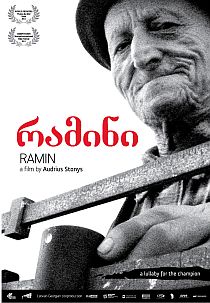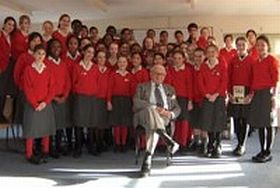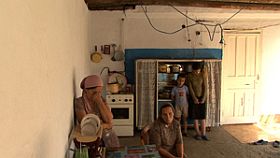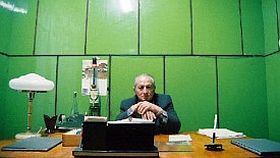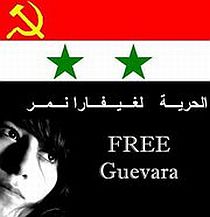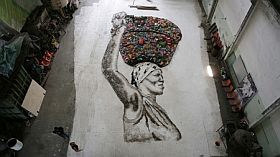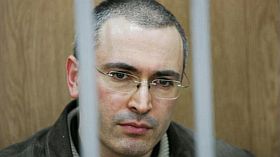


2012 Documentary Preview/ 1
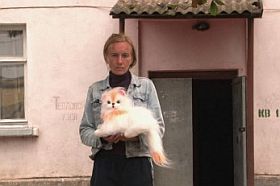
One day when she was travelling in Belarus, Lithuanian film director Lina Luzyte woke up in her train, that had stopped at a station in the town of Zhlobin. She looked out the window and saw a lot of people lined up to sell plush toys to the passengers…
It became a film, that will premiere in 2012 – and will have a strong festival presence. I can say so as I have seen rough cuts of the film, which is more than promising, and is the first feature documentary of Lina Luzyte, whose producer is Dagne Vildziunaite, company: Just a Moment.
Look out for the film (working title: Belarussian Toys) when it comes near you. Here is a quote from the IDF website (see below) interview by Hana Rezkova. Luzyte says:
… When I was passing the town, what caught my sight was an image – a face of a man holding a crocodile next to his head. Both faces next to each other. The man’s face was really sad and the crocodile was very beautiful. At that moment I understood that the toys will be the key element, not only visually but also on the level of meaning. The process was actually the opposite. While I was there I stopped distinguishing them from the rest of the reality. They were not standing out anymore. And in the editing room I realized that they have very sad eyes. One of my protagonists told me that there are Polish eyes, German eyes, Russian eyes, and Belarusian eyes. All the eyes have eyelashes leaning towards both left and right. Only the Belarusian eyes have eyelashes directed to one side only.
